Red Bell Pepper Benefits: 15 Health, Skin, And Hair Advantages
From preventing cancers to improving the skin, these veggies are a must-have in your diet.

Image: shutterstock
The benefits of red bell pepper can be attributed to its rich nutritional content. These mild peppers have a crispy, juicy flesh with a unique, mildly sweet flavor. Their name is because of their shape, which resembles a bell. Bell peppers originated in Mexico and Central and South America. However, they are consumed all over the world for their distinct flavor. They are green when they are unripe and turn bright red as they ripen completely. Botanically, red bell peppers are fruits. But they are termed and used as vegetables in many cuisines worldwide. They add a unique crisp and sweet flavor to delicacies. They are usually the size of a softball, but they can also be smaller, depending on the growing time. Red bell peppers are loaded with many beneficial nutrients like antioxidants and vitamins K, C, A, B6, and E. They are also rich in potassium and folate (1).
Organically grown red bell peppers are a better choice than conventionally grown peppers. As bell peppers are generally eaten with the skin, conventionally grown peppers may have a residue of harmful pesticides. Hence, they should be avoided. Learn more about red bell peppers and their benefits from the article below. Keep reading!
 Know Your Ingredient: Red Bell Pepper
Know Your Ingredient: Red Bell PepperWhat Is It?
A type of sweet pepper vegetable from the Capsicum annuum family.
What Are Its Benefits?
Promotes eye health, combats iron deficiency, inflammation, and hypertension, and may promote collagen production and hair growth.
Who Can Use It?
Generally safe for consumption by all.
How Often?
Can be included in your balanced diet and consumed in moderation.
Caution
Overconsumption may cause gastrointestinal discomfort.
In This Article
Red Bell Pepper Benefits

There are multiple remarkable benefits of bell peppers in general. However, red bell peppers are known to be the healthiest. Explore below the various ways in which red bell peppers can improve your overall health.
Key Takeaways
- Red bell peppers contain antioxidants like phytonutrients and vitamin C that may prevent the onset of breast and colon cancer.
- Its high vitamin C aids in iron absorption and the formation of blood vessels.
- Red bell peppers contain magnesium and vitamin B6, which may soothe anxiety and help manage premenstrual symptoms.
- Its rich dietary fiber content helps promote digestion and bowel movements.
Red Bell Pepper: Health Benefits

Apart from making the dishes attractive and delicious, these bright and glossy veggies are a storehouse of nutrients. Though green pepper benefits are abundant and they are widely consumed, red bell peppers are known to be much more nutritious and have a comparatively sweeter taste. Some of the health benefits of red bell peppers are given below:
1. Red bell peppers are a healthy option that can form part of your daily diet as they contain phytonutrientsi Natural compounds derived from plants that are healthy for humans and possess medicinal values. that have powerful antioxidants in them. These antioxidants counteract environmental toxins and cell degradation. They protect your body from free radical damage that causes the development of cancer (2). Thus, bell peppers help in preventing different types of cancers in the stomach, colon, breast, prostate, and lung.
2. Red bell peppers provide a significant amount of vitamin C to the body. Apart from being a powerful antioxidant, vitamin C is vital for the proper absorption of iron. Thus, those suffering from iron deficiency can consume red bell peppers with their iron source to facilitate maximum absorption (3), (4).
3. Red bell peppers contain flavonoids with strong anti-inflammatory properties, helping treat and prevent inflammation in the body (5). It is a great option for energizing yourself if you are overwhelmed with stress or feeling fatigued.
4. The combination of vitamin B6 and magnesium in red bell peppers aid in decreasing anxiety, especially due to premenstrual symptoms (6), (7), (1). Being a natural diuretici Substances that aid kidneys in releasing more water and sodium, which helps maintain blood pressure. , vitamin B6 is great for reducing bloating and preventing hypertension (8), (9).
5. Red bell pepper is an excellent source of vitamin A, providing about 13 percent daily requirement of vitamin A per half-cup (10). Vitamin A is a nutrient that supports healthy eyesight, particularly night vision as it aids in the function of the retina and prevents the development of cataracts (11), (12). So, bell peppers are good for your eye health as well.
6. Red bell peppers aid in weight loss. A cup of sliced red bell pepper provides around 23 calories and no fat or cholesterol (13). Moreover, you can burn more calories by consuming red bell peppers as they can activate thermogenesisi The biological process in which energy utilized in digestion and indigestion is released in the form of heat. and increase metabolic ratei The measurement of energy released and utilized for biological processes by an organism over a period of time. . Red bell peppers don’t contain capsaicin, therefore, they are not spicy or hot as chili peppers. Consequently, they have a mild thermogenic action that boosts your metabolism without increasing the heart rate or blood pressure like other varieties of peppers (14), (15).
7. Red bell pepper contains fiber which facilitates healthy digestion and maintains cholesterol levels. It may also offer protection against colon cancer and help in the treatment of constipation and irritable bowel syndromei A gastrointestinal disorder marked by stomach issues including diarrhea, constipation, and flatulence. (16), (17).
8. Red bell peppers can form part of a healthy diet containing a variety of fruits and vegetables which reduce the risk of developing chronic diseases such as stroke, type-2 diabetes, heart disease, high blood pressure, and some types of cancers.

9. Red bell pepper is a decent source of potassium (13).This mineral is needed by the body for regulating the level of fluid inside and outside the cells, contraction of heart muscle, and intestinal peristalsis which helps in elimination of waste from the body (18).
10. Vitamin C in red bell peppers facilitates iron absorption and aids in the formation of bone collagen, cartilage, muscles, and blood vessels (19).
 Trivia
TriviaRed Bell Pepper: Skin Benefits

Red bell peppers contain plenty of vitamin C which make them extremely beneficial for your skin health. Some of their benefits for skin are as follows.
11. Vitamin C contained in red bell peppers helps to form collagen, a structural fiber that is needed to hold everything together. Collagen is required by your skin to remain healthy and even minor deficiencies in vitamin C can cause skin problems (20).
12. Red bell peppers are great sources of three cancer-fighting carotenoidsi A naturally occurring pigment in plants that is an antioxidant and a source of vitamin A. : lutein, beta-cryptoxanthin, and zeaxanthin. Apart from being excellent for skin, these carotenoids help in reducing swelling caused by arthritis because of their high silicon content. Red bell pepper juice is also known for its healing qualities.
Red Bell Pepper: Hair Benefits

Apart from their health and skin benefits, red bell peppers are beneficial for your hair in the following ways.
13. As pointed out earlier, red bell peppers are great sources of vitamin C which is involved in the formation of collagen. Hair follicles require collagen to stay healthy and for optimum growth. Deficiencies of vitamin C can cause dry, splitting and brittle hair.
14. Red bell pepper can be very beneficial in preventing hair loss as it improves blood flow to stimulate hair growth and protects the hair follicles from the effect of Dihydrotestosteronei A subtype of testosterone that helps develop male characteristics and is linked to hair loss in men. (DHT).
15. The spiciness of red bell pepper can help speed up hair growth by over 50 percent. Boil a few slices of red bell pepper in water for 10 minutes and cool it for 15 minutes. Then apply it to your scalp for 30 minutes and rinse away. Doing this regularly will stimulate hair growth.
 Trivia
TriviaRed bell peppers offer so many benefits thanks to their nutritional value. Take a closer look at the vegetable’s nutritional composition in the next section to learn more.
Nutritional Information
A 100 gm of red bell pepper contains the following nutrients and vitamins (13).
| Nutrients | Amount |
|---|---|
| Water Energy (Atwater General Factors) Energy (Atwater Specific Factors) Nitrogen Protein Total Lipid (Fat) Ash Carbohydrates Fiber, Total Dietary Calcium (Ca) Iron (Fe) Magnesium (Mg) Phosphorus (P) Potassium (K) Sodium (Na) Zinc (Zn) Copper (Cu) Manganese (Mn) Selenium (Se) Vitamin C (Total Ascorbic Acid) Thiamin Riboflavin Niacin Vitamin B-6 Biotin Folate (Total) | 91.9 g 31 kcal 27 kcal 0.14 g 0.9 g 0.13 g 0.4 g 6.65 g 1.2 g 6 mg 0.35 mg 11 mg 27 mg 213 mg <2.5 mg 0.2 mg 0.04 mg 0.133 mg <2.5 µg 142 mg 0.055 mg 0.142 mg 1.02 mg 0.303 mg 0.427 µg 47 µg |
Red bell peppers are a healthy option provided that you are not allergic to them. Also, ensure to store the red bell peppers away from meat to avoid them from getting infected by bacteria.
Storing bell peppers the right way is key to preserving them and ensuring you can enjoy their benefits for longer. Check out the next section to learn more.
Best Way To Store Bell Peppers
- Store bell peppers in a produce bag on your countertop or a cool, dry spot to prevent decay and preserve them for short-term use.
- Keep dry bell peppers in the fridge and use them within a week. Store them in a plastic bag with holes for air circulation.
- Place cut peppers in an airtight container with a paper towel to absorb excess moisture.
- Freeze bell peppers to make them last for up to 6 months. Remove their stems, slice them, and flash-freeze them on a baking sheet. Then, transfer them to a freezer bag with as little air as possible.
- Pickled peppers can stay fresh in the fridge for a few weeks.
- Slice bell peppers and dry them in the oven or a dehydrator to store them for a few weeks. Blanch the peppers before drying them to preserve their color.
Properly storing bell peppers can help maintain their freshness, making them more flavorful and nutritious. Here are a few ways to prepare red bell peppers.
Preparation And Usage
- Washing: Always rinse red bell peppers under cold water to remove any dirt or pesticides.
- Cutting: Slice off the top and bottom of the pepper, then cut it down the middle. Remove the seeds and white ribs for a smoother texture.
- Cooking: Red bell peppers can be roasted, grilled, sautéed, or eaten raw. Roasting brings out their natural sweetness and adds a smoky flavor, while sautéing is quick and easy for stir-fries.
- Raw In Salads: Slice or dice raw red bell peppers and add them to salads for a crunchy, fresh touch. They also pair well with dips like hummus.
- Stuffed Peppers: You can stuff red bell peppers with a mix of grains, meat, or veggies, then bake them for a filling meal.
- As a Topping: Add red bell peppers as a topping on pizzas, sandwiches, or wraps for extra color and flavor.
Infographic: Top 6 Benefits Of Red Bell Pepper
The spicy red bell peppers can be more than just a tasty addition to your pasta. It contains essential vitamins and minerals which not only help with cancer prevention but also promote skin and hair health. We have rounded up the 6 reasons for adding red bell pepper to your diet in the infographic below. Scroll down to know more!
Some thing wrong with infographic shortcode. please verify shortcode syntaxRed bell pepper benefits you in multiple ways. It may reduce cancer risk and combat iron deficiency, inflammation, bloating, and hypertension. It also promotes retina function and prevents cataracts. In addition, red bell peppers also aid in weight loss, promote healthy digestion, lower cholesterol levels, improve heart health, and reduce the risk of chronic diseases. Try including them in your diet regularly to reap all the mentioned benefits.
Frequently Asked Questions
Is eating raw red peppers good for you?
Yes, eating raw bell peppers is generally considered safe and beneficial to your health. Ensure that you remove the stalk and seeds before consuming them.
How much red pepper is too much?
You can eat half a cup of red pepper every day. To ensure that you do not consume too many bell peppers and consult a nutritionist for a better idea.
Which color bell pepper is the healthiest?
Red bell peppers are generally considered to be the healthiest due to their ripeness and higher concentrations of vitamins C and A and antioxidants like beta-carotene (1).
Are bell peppers high in protein?
No, bell peppers have low protein and fat content, making them a low-calorie favorite among consumers (1).
Why do bodybuilders eat bell peppers?
While bell peppers do not contain a lot of protein, they are an excellent source of fiber, vitamins, minerals, and antioxidants that are crucial for muscle health and function (1).
Does cooking bell peppers destroy nutrients?
Yes, the antioxidants and vitamin C present in bell peppers are sensitive to heat and can be destroyed by high temperatures used during cooking (20).
What are the disadvantages of eating bell pepper?
Excess consumption of bell peppers may cause stomach pain, burning, or bloating in some people (21).
Illustration: Best Benefits and Uses Of Red Bell Pepper For Skin, Hair and Health
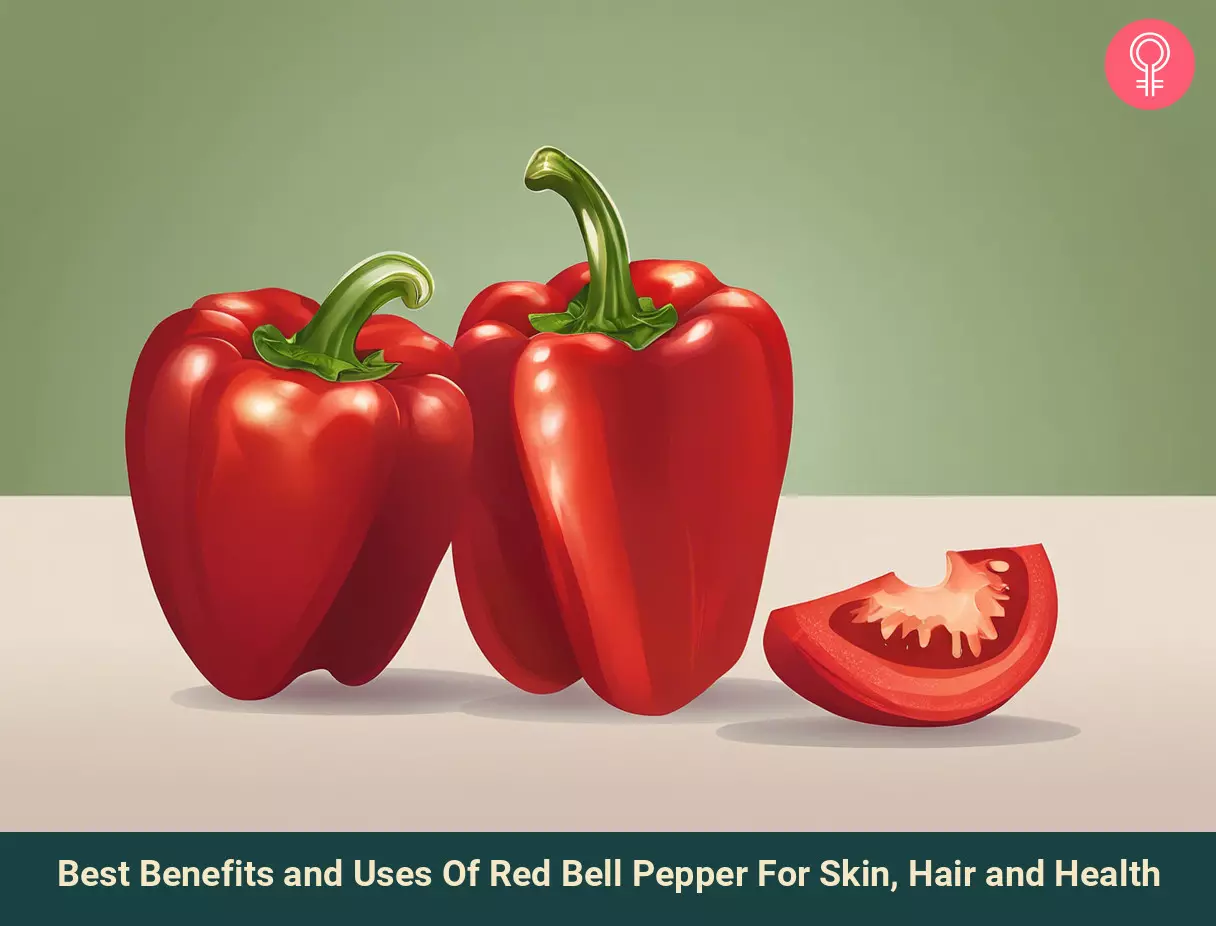
Image: Stable Diffusion/StyleCraze Design Team
Don’t fancy bell peppers much? Time to reconsider. Check out this video to discover the immense health benefits of adding bell peppers to your diet.
References
Articles on StyleCraze are backed by verified information from peer-reviewed and academic research papers, reputed organizations, research institutions, and medical associations to ensure accuracy and relevance. Read our editorial policy to learn more.
- Bell Peppers (Capsicum annum L.) Losses and Wastes: Source for Food and Pharmaceutical Applications
https://www.mdpi.com/1420-3049/26/17/5341 - Antioxidant Potential of Bell Pepper (Capsicum annum L.)-A Review
https://www.researchgate.net/publication/255969817_Antioxidant_Potential_of_Bell_Pepper_Capsicum_annum_L-A_Review - Determination of Vitamin C in Various Colours of Bell Pepper (Capsicum annuum L.) by Titration Method
https://www.researchgate.net/publication/323397772_Determination_of_Vitamin_C_in_Various_Colours_of_Bell_Pepper_Capsicum_annuum_L_by_Titration_Method - The role of vitamin C in iron absorption
https://pubmed.ncbi.nlm.nih.gov/2507689/ - Antioxidant and anti-inflammatory properties of Capsicum baccatum: from traditional use to scientific approach
https://pubmed.ncbi.nlm.nih.gov/22100562/ - The Association between the Risk of Premenstrual Syndrome and Vitamin D Calcium and Magnesium Status among University Students: A Case Control Study
https://www.ncbi.nlm.nih.gov/pmc/articles/PMC4667262/ - Intake of Selected Minerals and Risk of Premenstrual Syndrome
https://www.ncbi.nlm.nih.gov/pmc/articles/PMC3649635/ - Effect of red pepper on symptoms of irritable bowel syndrome: preliminary study
https://pubmed.ncbi.nlm.nih.gov/21573941/ - Efficacy of vitamin B-6 in the treatment of premenstrual syndrome: systematic review
https://www.ncbi.nlm.nih.gov/pmc/articles/PMC27878/ - Vitamin A
https://ods.od.nih.gov/factsheets/VitaminA-HealthProfessional/ - Vitamin A and the eye: An old tale for modern times
https://www.researchgate.net/publication/291378724_Vitamin_A_and_the_eye_An_old_tale_for_modern_times - Night Vision and Carotenoids (NVC): A Randomized Placebo Controlled Clinical Trial on Effects of Carotenoid Supplementation on Night Vision in Older Adults
https://www.mdpi.com/2072-6643/13/9/3191 - Peppers sweet red raw
https://fdc.nal.usda.gov/food-details/2258590/nutrients - Dihydrocapsiate supplementation prevented high-fat diet–induced adiposity hepatic steatosis glucose intolerance and gut morphological alterations in mice
https://www.sciencedirect.com/science/article/abs/pii/S027153171630820X - Effect of dihydrocapsiate on resting metabolic rate in humans123
https://www.ncbi.nlm.nih.gov/pmc/articles/PMC2954444/ - Effect of red pepper on symptoms of irritable bowel syndrome: preliminary study
https://pubmed.ncbi.nlm.nih.gov/21573941/ - Benefits of dietary fibre to human health: study from a multi-country platform
https://www.researchgate.net/publication/318664896_Benefits_of_dietary_fibre_to_human_health_study_from_a_multi-country_platform - Potassium and Health
https://academic.oup.com/advances/article/4/3/368S/4591617 - The Roles of Vitamin C in Skin Health
https://www.ncbi.nlm.nih.gov/pmc/articles/PMC5579659/ - Influence of Cooking Conditions on Nutritional Properties and Sensory Characteristics Interpreted by E-Senses: Case-Study on Selected Vegetables
https://www.ncbi.nlm.nih.gov/pmc/articles/PMC7278733/ - Consumption of spicy foods and the prevalence of irritable bowel syndrome
https://www.ncbi.nlm.nih.gov/pmc/articles/PMC3801318/
Read full bio of Bulelani Makapela
Read full bio of Tanya Choudhary
Read full bio of Ravi Teja Tadimalla
Read full bio of Himanshi Mahajan






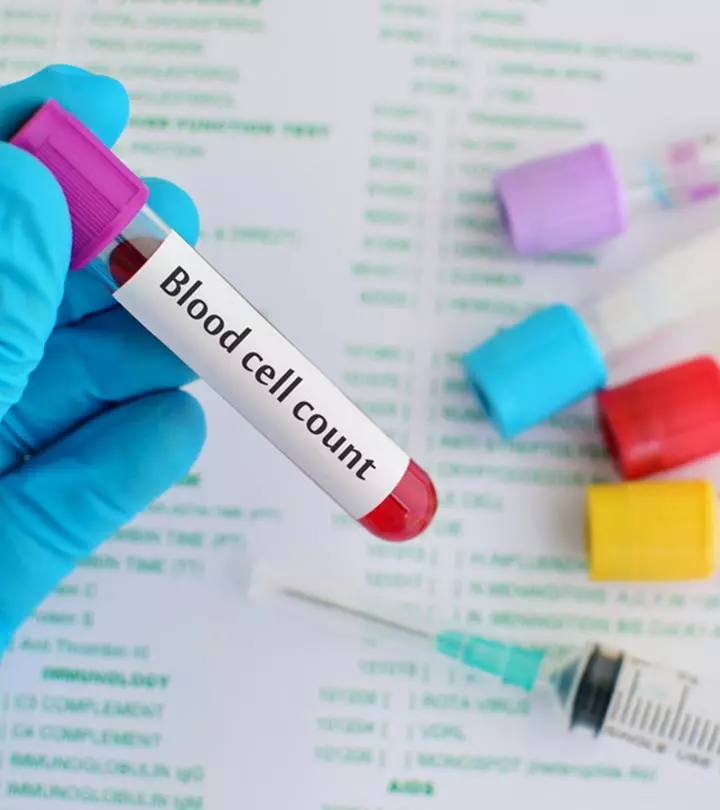

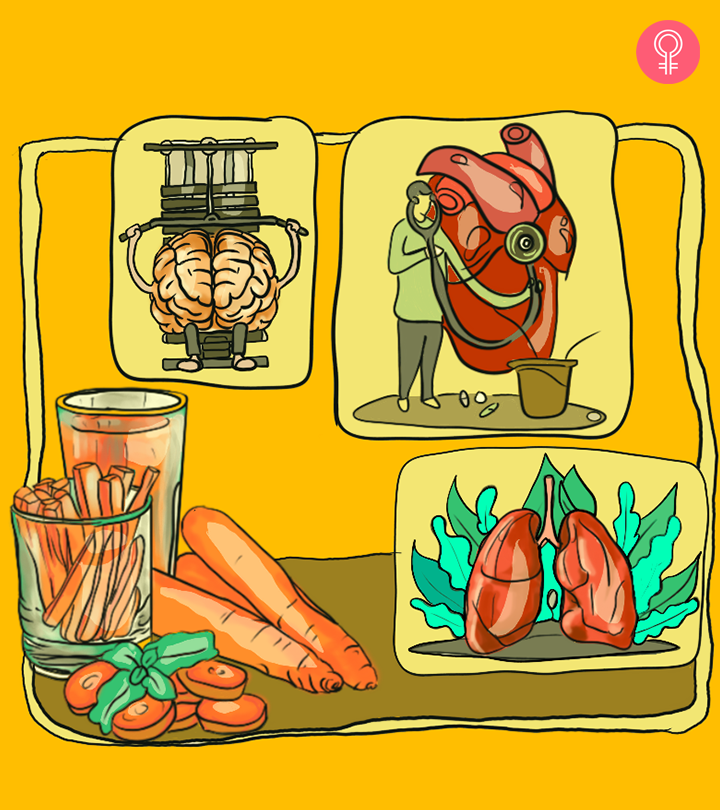
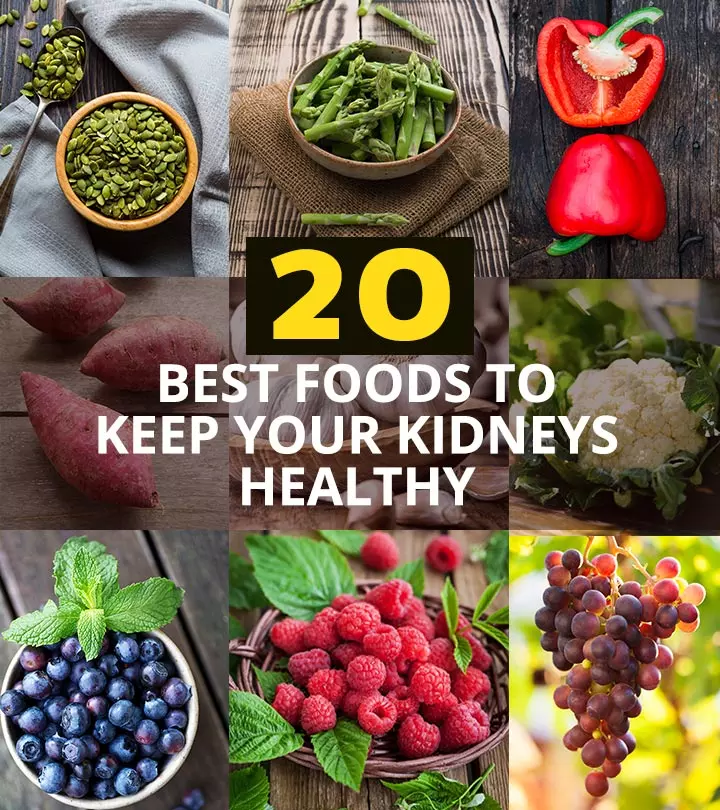


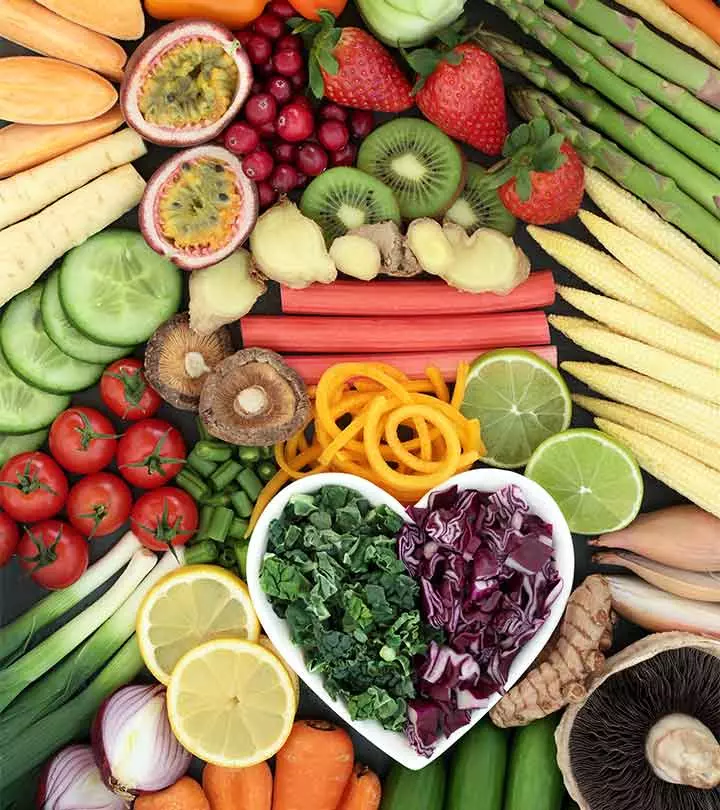
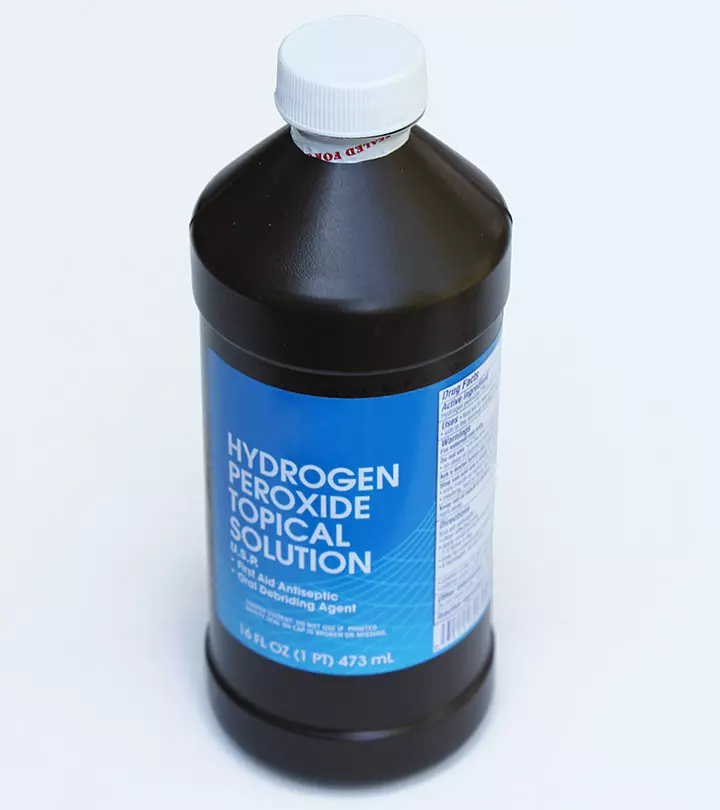
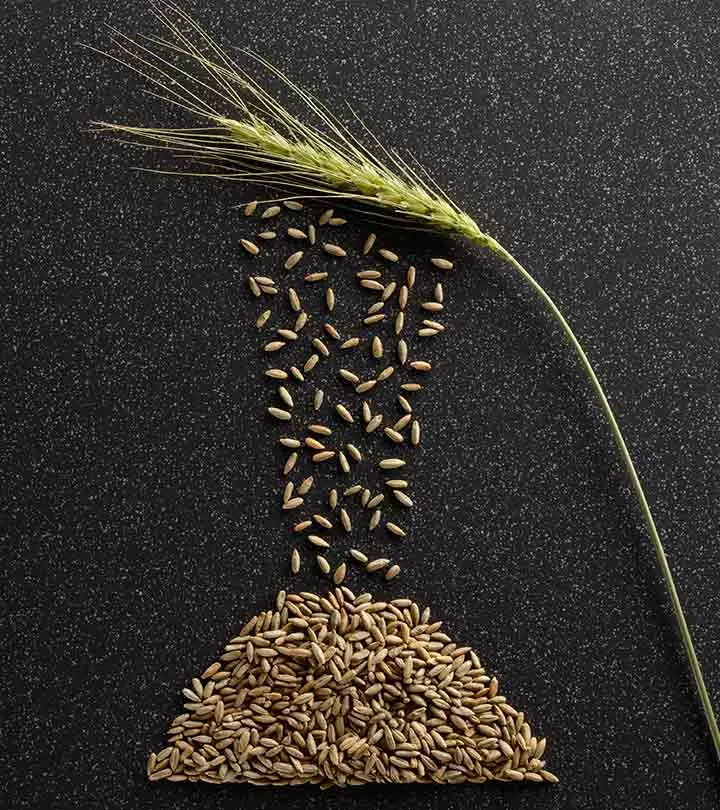
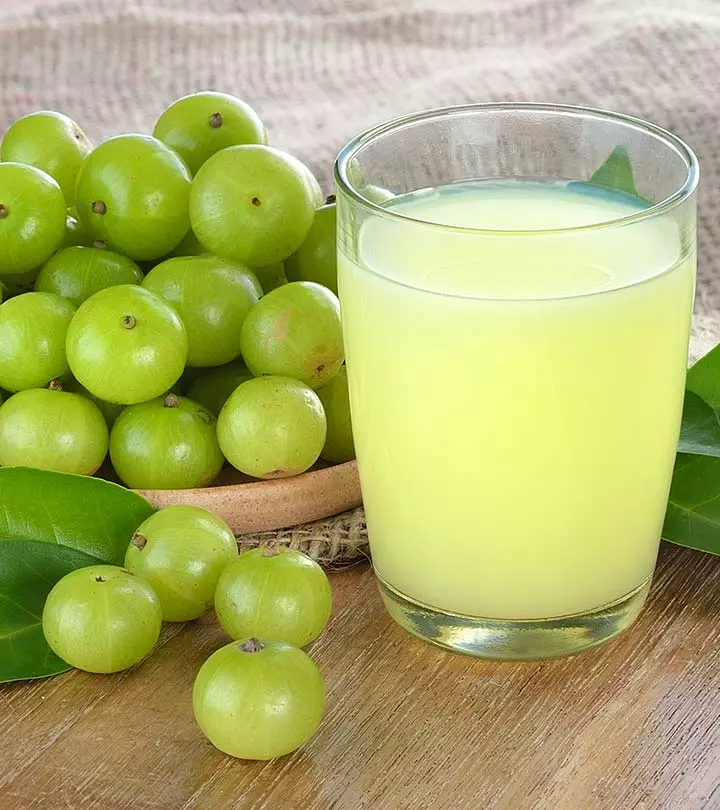

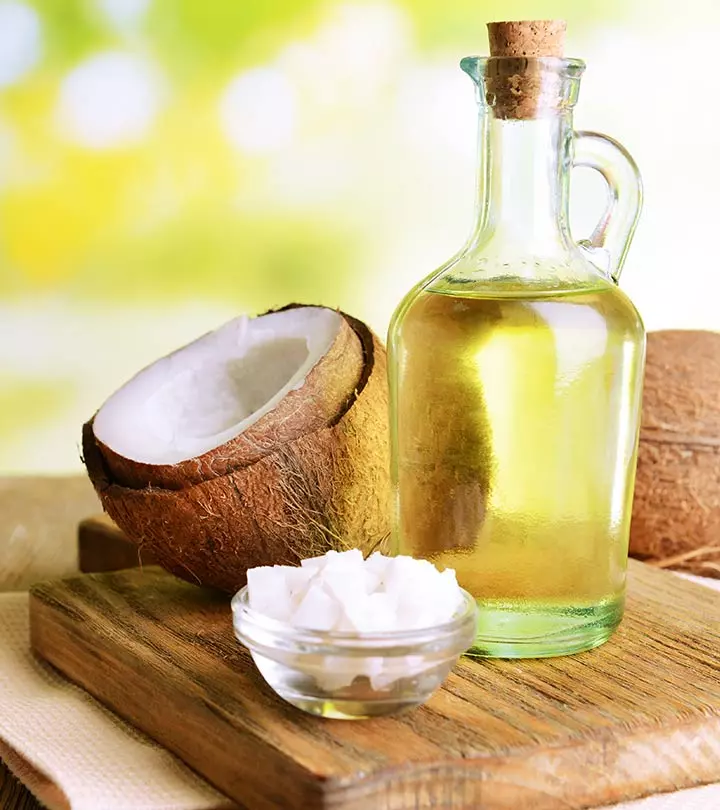



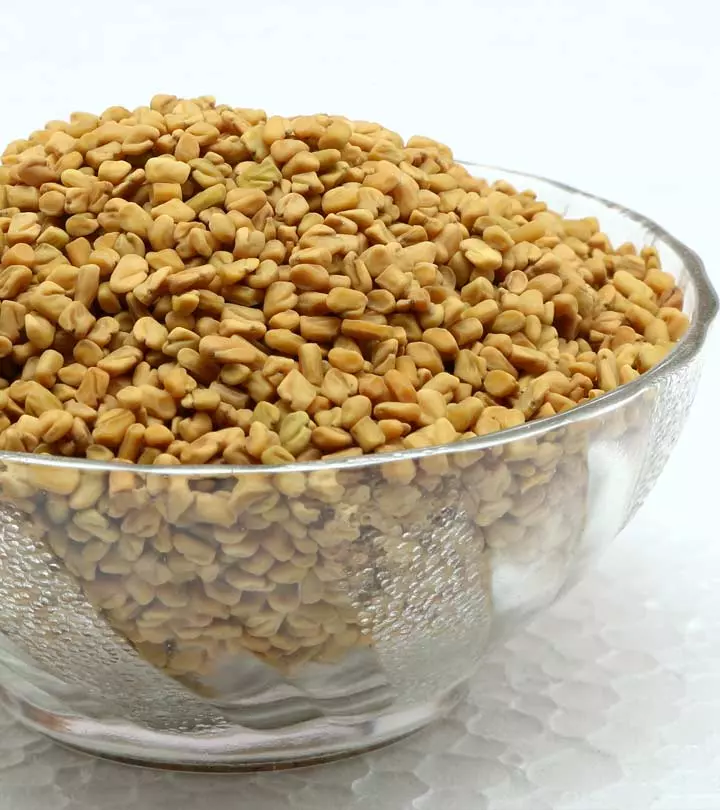
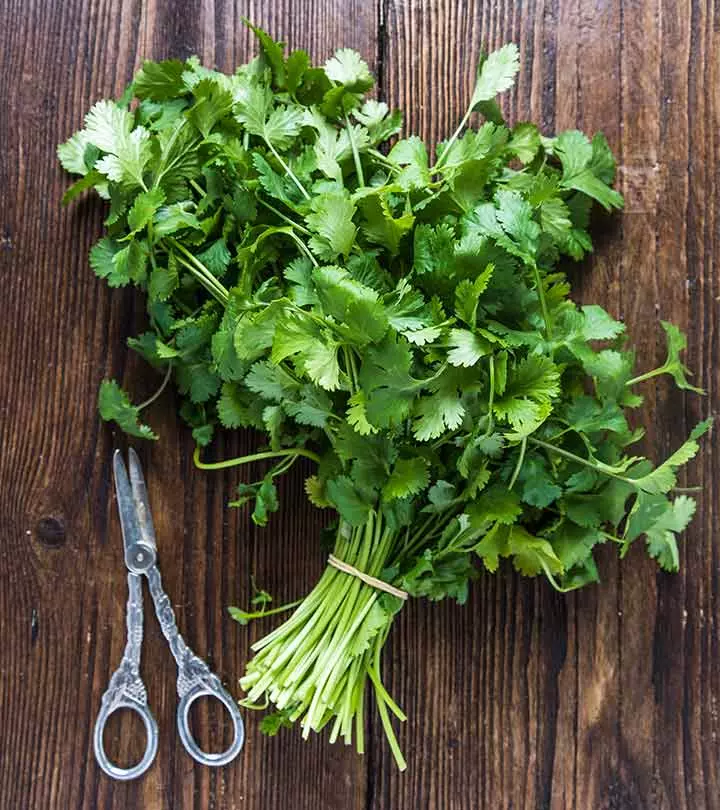
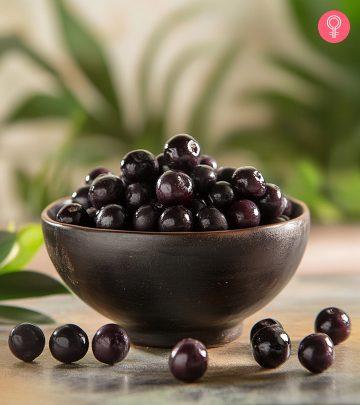
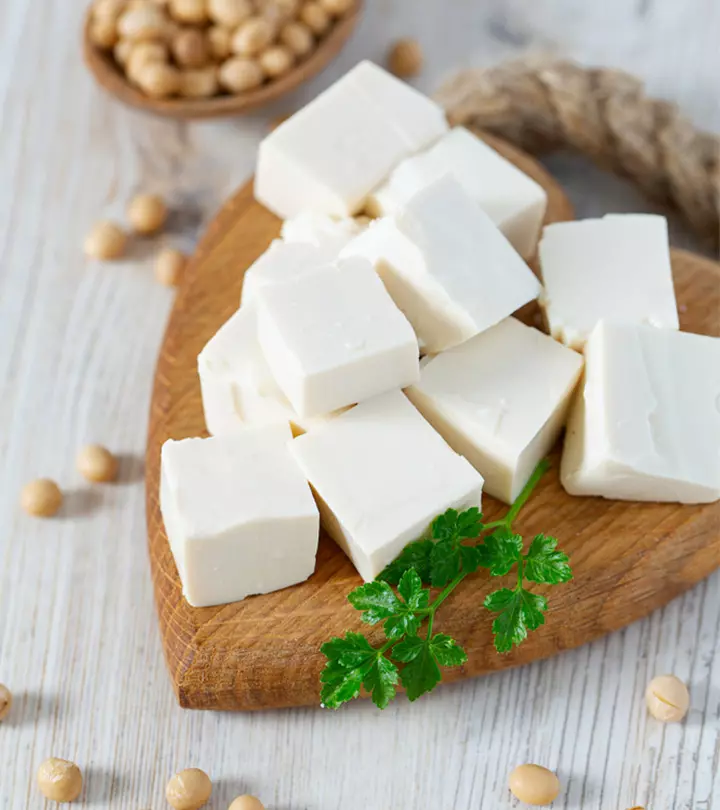
Community Experiences
Join the conversation and become a part of our empowering community! Share your stories, experiences, and insights to connect with other beauty, lifestyle, and health enthusiasts.